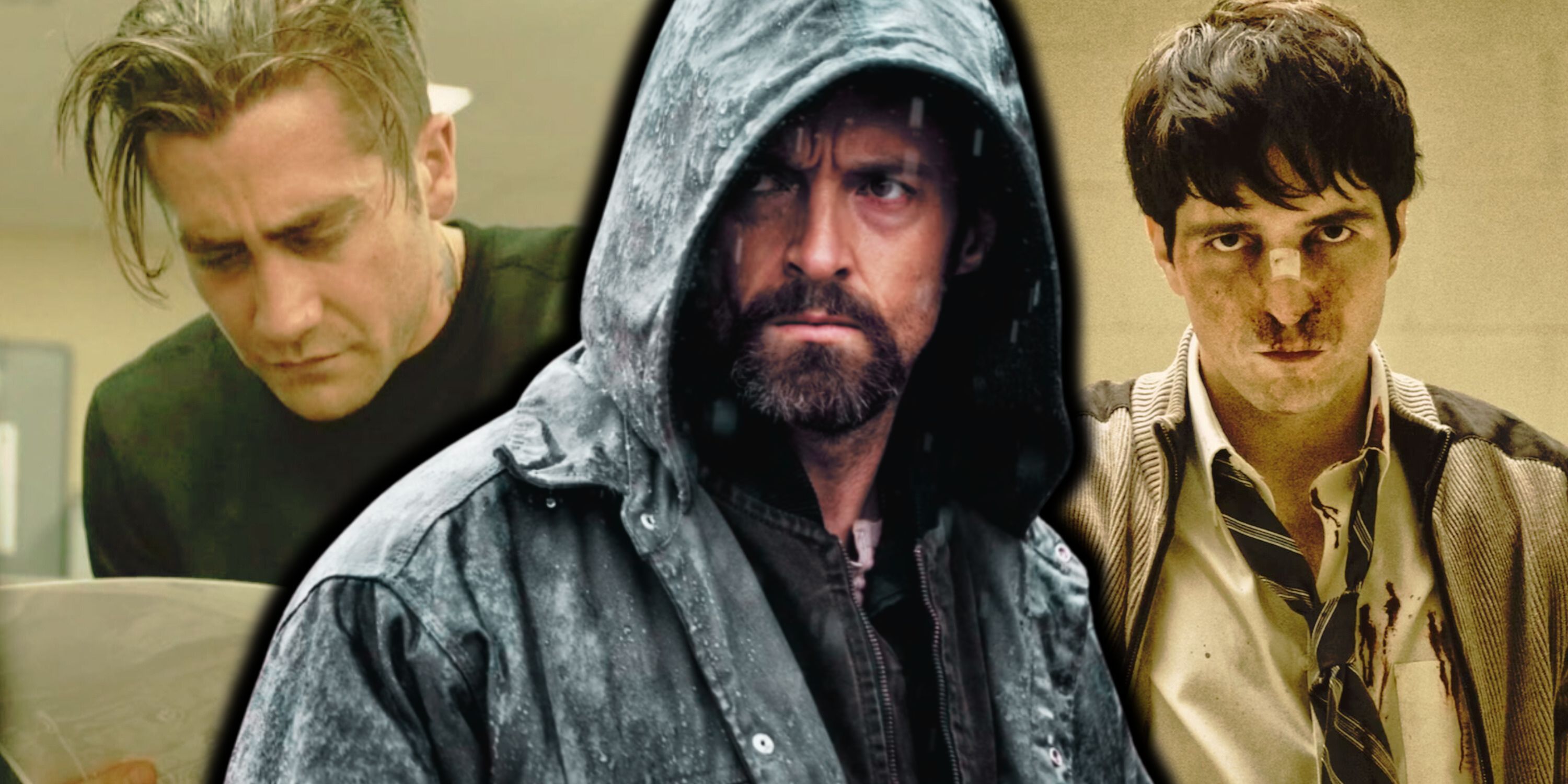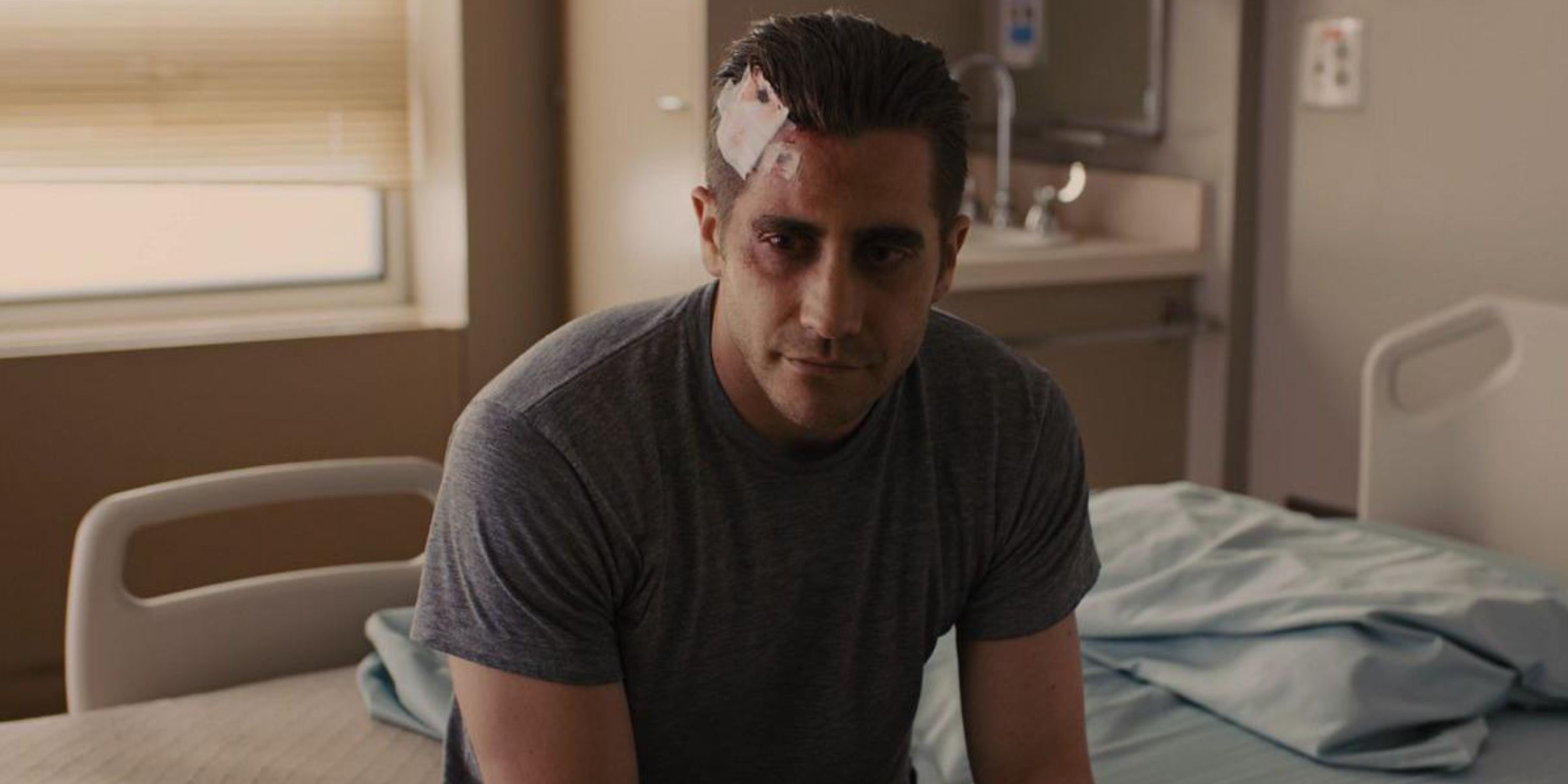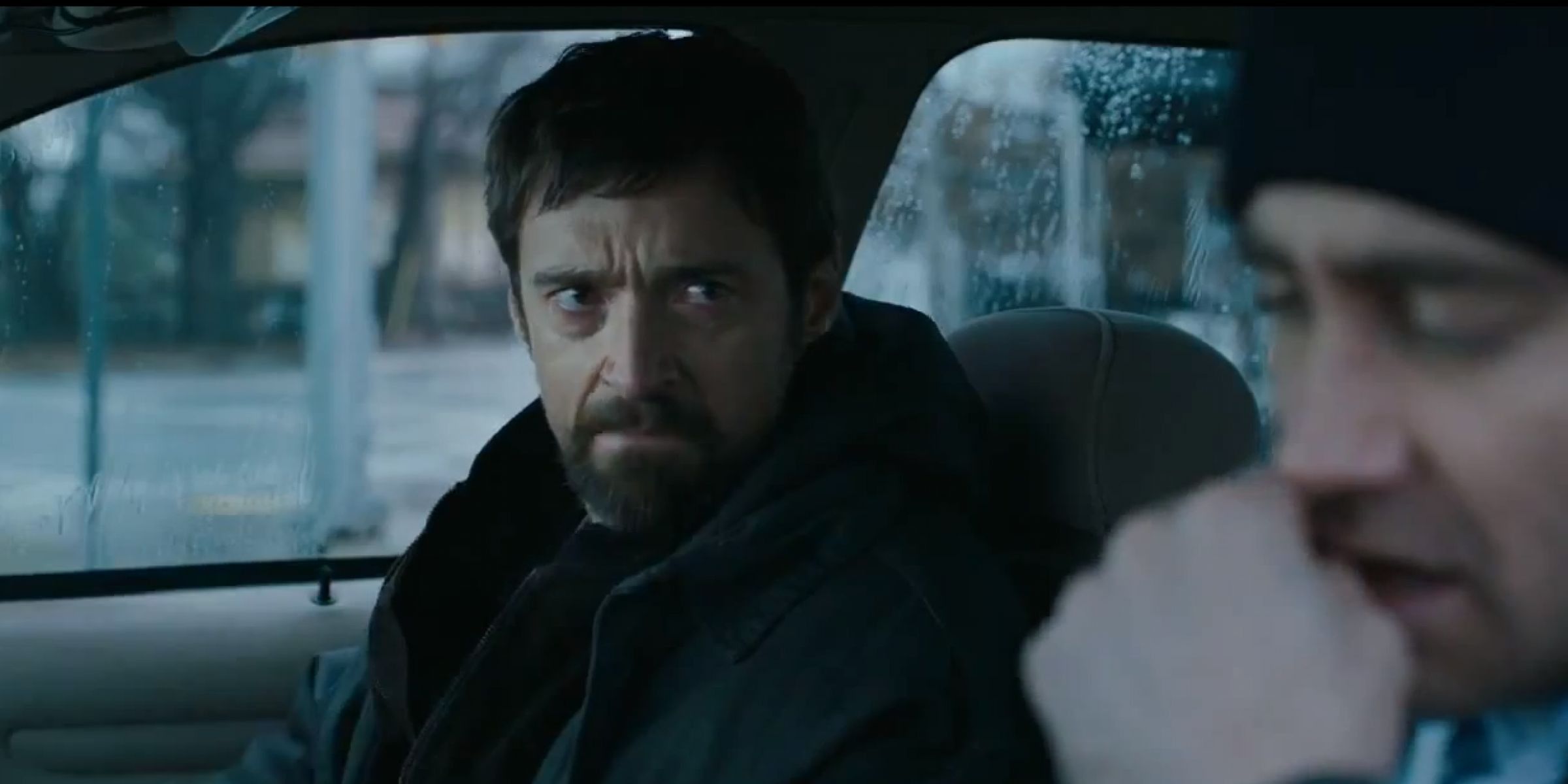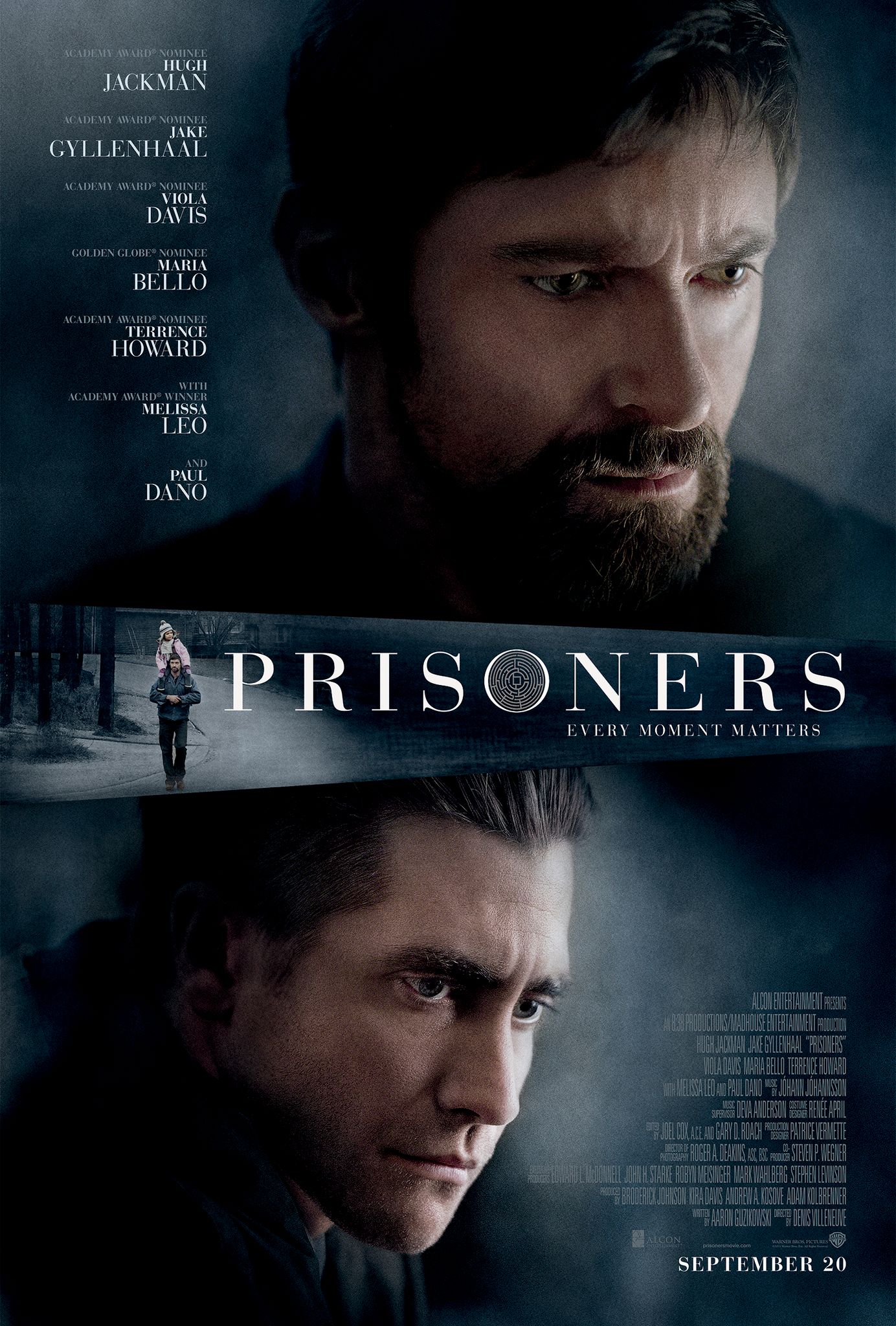Quick Links
Since the 2010s, Denis Villeneuve has become one of Hollywood's most renowned directors, thanks to his work on films like Dune, Sicario, and Blade Runner 2049. With an attention to detail and some of the most visually stunning shots in recent memory, the director is known for taking on cerebral plots and high-concept ideas. This often includes movies that subvert popular cinematic tropes, ranging from science fiction to thriller -- with one key example from his earlier career.
Denis Villeneuve has taken on some of Hollywood's best projects over the last decade, with many praising his handling of psychologically-oriented stories, such as Enemy. His skill behind the camera landed him some of the biggest projects in recent memory, most notably his handling of Dune. Back in 2013, the French Canadian director took on one of the decade's most uncomfortable yet well-crafted thrillers, one many misunderstood. Coming after over a decade of revenge thrillers that followed bereaved people taking the law into their own hands, Villeneuve's film expertly subverts many of the genre's best-known tropes.
Revenge Thrillers Became More Intense During The 2000s
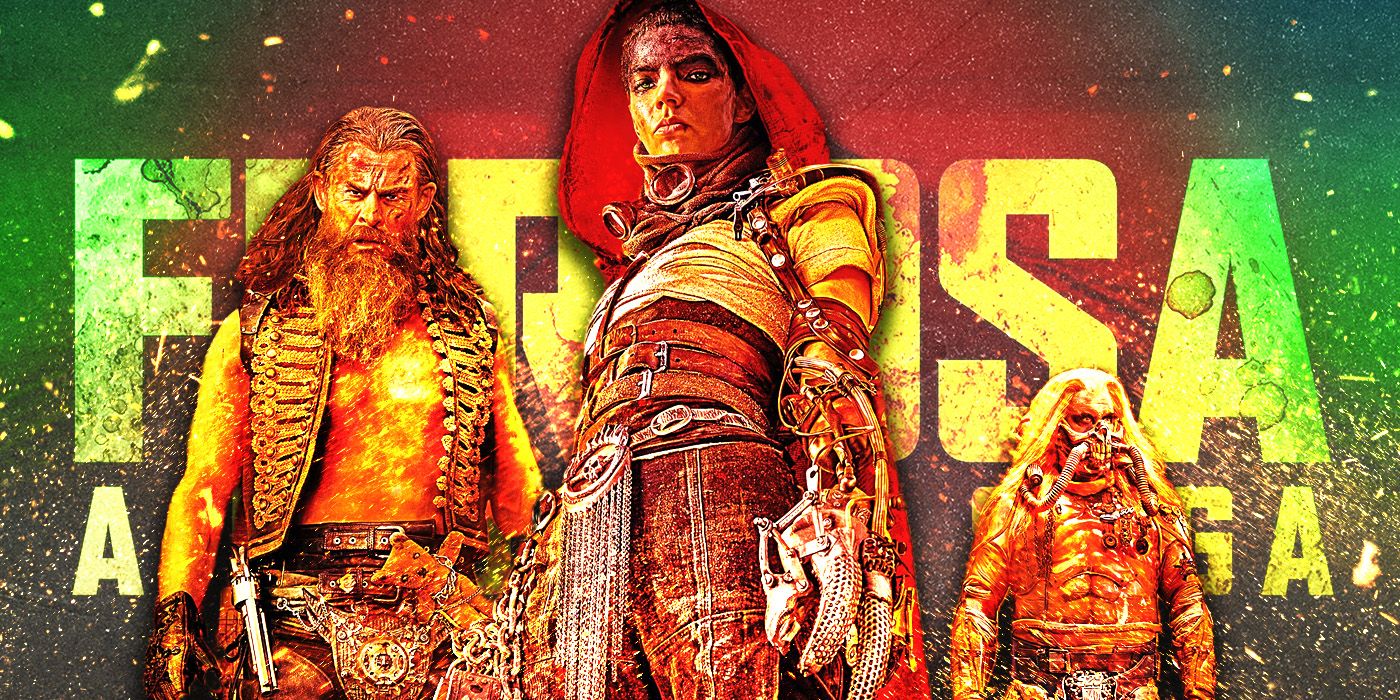
Furiosa Trailers: Anya Taylor-Joy Wants Her Revenge in Mad Max Prequel
The latest trailers for Furiosa: A Mad Max Saga continue to hype up the prequel’s action sequences, including another crazy desert chase.
|
The Best Revenge Movies Of All Time (Per Collider) |
|
#1 - Blue Ruin |
|
#2 - Cape Fear |
|
#3 - Unforgiven |
The 2000s saw a variety of movie tropes take hold for a new generation; comedies followed in the footsteps of the '90s and became more edgy and lewd; psychological horror became popular; and the thriller genre became focused on gritty revenge stories. Revenge had always been a key motivator in film, but the popularity of movies like Taken, Oldboy, and Law Abiding Citizen took it to new heights. These films often glamorized torture and vigilantism, winning over an audience of fans who liked seeing justice done to those who deserved brutal treatment. Law Abiding Citizen almost perfectly embodies this wave of cinema, pushing a clear message against the justice system for compromising with criminals so lawyers and politicians can further their careers.
Whereas action revenge movies were -- and still are -- often made with a certain degree of escapism and self-aware silliness, their thriller counterparts took themselves far more seriously. These movies often play into very real and heinous crimes and deliver audiences a revenge fantasy against the worst types of people in the world, such as child killers and human traffickers. While these films typically deliver some semblance of justice to the bad guys, they also stand among some of cinema's most grim stories. This can work if the writer and director have a message beyond the surface level of vigilante justice, but more often than not it comes across like pretentious torture porn in the vein of the Saw movies.
Law Abiding Citizen specifically follows an engineer, Clyde Shelton, who is failed by the justice system when the murderer of his wife and daughter is given a plea deal. When he returns almost a decade later, Shelton wages a war against the city, starting with the torture and dismemberment of his family's killer, Darby. In a scene reminiscent of a Saw movie, authorities find the mutilated remains of the killer and arrest Shelton. While audiences know he's guilty, they watch as he plays judges and lawyers for fools, exploiting legal loopholes only to make a mockery of them. He does this in a disturbing effort to convince Nick, the prosecutor who handled his family's case, that compromising with criminals is wrong. As the story progresses, Nick becomes less compromising in the face of Shelton's terrorism against the city, almost signaling to the audience that he has learned a lesson.
Prisoners Is One Of The Best Thrillers Of Its Decade
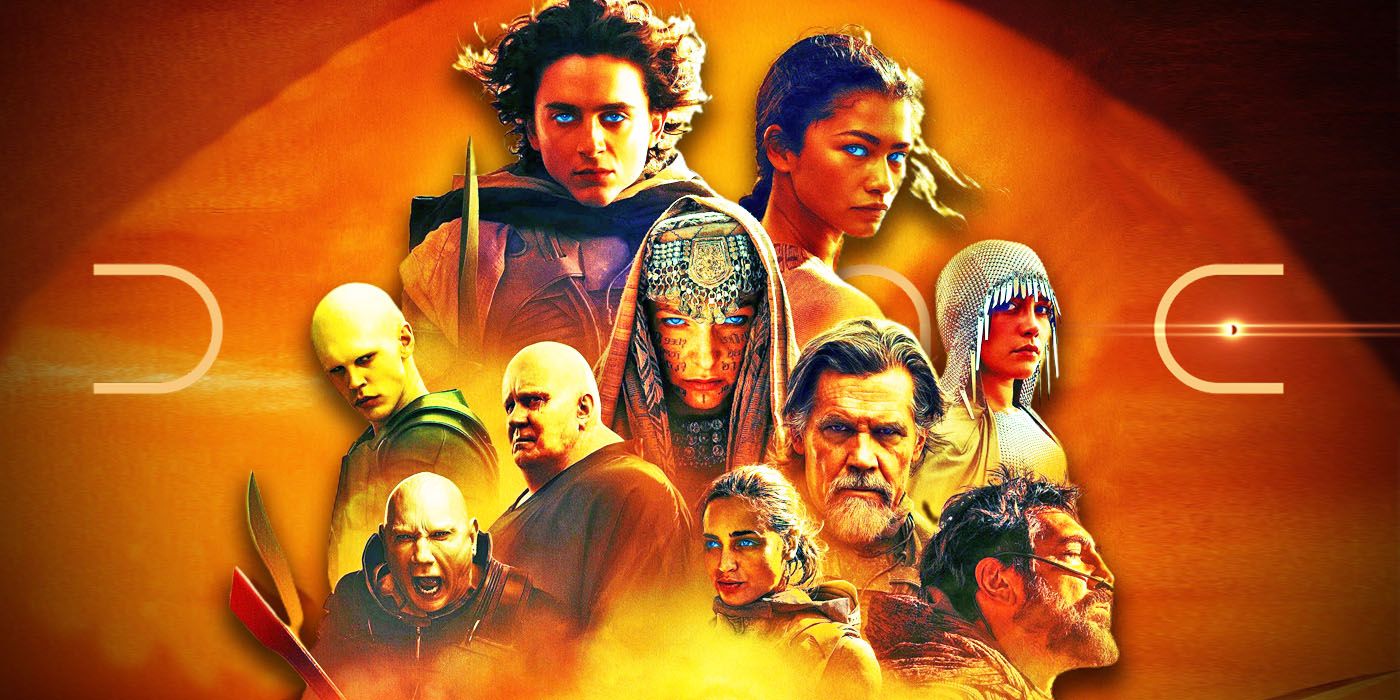
REVIEW: Dune: Part Two is the Complicated Sci-Fi Savior That We Need
Denis Villeneuve's Dune: Part Two is a huge step forward for the series and one of the most bold examples of large-scale sci-fi storytelling.
|
The Best Hugh Jackman Movies |
|
#1 - Logan |
|
#2 - Eddie the Eagle |
|
#3 - The Greatest Showman |
In 2013, Denis Villeneuve directed Prisoners, his first Hollywood production, with stars like Hugh Jackman, Jake Gyllenhaal, Paul Dano, and Viola Davis signed on. Penned by screenwriter Aaron Guzikowski, the story follows two families who are left destroyed when their children are abducted while playing on the street. When the police think they have a lead, one of the fathers, Keller Dover, abducts their suspect and crafts a brutal torture room in the hopes that it will yield information on the whereabouts of their children. Subjecting their prisoner, Alex, to scalding hot water and beatings, the parents become increasingly violent and extreme in their methods. As this happens, Detective Loki, the officer assigned to the case, pursues every lead he can, but can't ignore the signs that Dover is involved in something bad.
It's only through happenstance, not torture, that Keller finally realizes that the children are being taken by his neighbor, Holly Jones (Alex's abductor posing as his mother). When one of the girls, Eliza Birch, escapes her captivity and is taken to the hospital, she allows Keller to connect the dots when she says she heard him at the place she was being held. With Alex Jones as the key, the father makes his way to the Jones residence, where he confronts Holly. However, she realizes his intentions and holds him at gunpoint, later forcing him into the underground pit where she hides the children. After Loki finds Alex, he visits Holly but, while there, notices a clue implicating her late husband in the abductions. When confronted, the woman shoots Loki, grazing his head as he kills her, and races Keller's daughter, Anna, to the hospital.
Considering that Keller isn't aware of the fate of his daughter, Prisoners isn't a revenge movie in the strict sense of the word. Rather, it plays on the themes of revenge thrillers, specifically the constant glorification of torture as a means of information and revenge upon evildoers. Ditching the trope of the overly-competent protagonist who moves their way up the food chain of bad guys, Keller spends most of the film at a standstill, since Alex doesn't have what he wants. The protagonist, although sympathetic, devolves into a brutal criminal, one who only contributes to the film's evil, rather than preventing it the way someone like Bryan Mills does. The film takes the tropes of revenge and vigilante fiction and asks the simple question: What happens when the hero gets the wrong person?
Prisoners Subverts The Revenge Thriller Phase Of Hollywood

Dune: Part Two Director Reveals Which Scene Was Inspired by Steven Spielberg's Jaws
One particular scene from Dune: Part Two had a parallel to Steven Spielberg's iconic Jaws, Denis Villeneuve reveals.
|
The Best Jake Gyllenhaal Movies |
|
#1 - Zodiac |
|
#2 - Spider-Man Far From Home |
|
#3 - Prisoners |
Perhaps Prisoner's biggest subversion of the revenge thriller comes from the fact that, unlike other films in the genre, it's police work that saves the day -- and it's Dover's secrecy that nearly dooms him. While the film does play up the frustrating snail's pace that sometimes accompanies detective work, it's also not the protagonist's brutality that gets him answers. In fact, by leading with his emotions, Dover's torture of Alex means that the character who suffers the most during the film is himself a victim. The villain wins. The film almost tricks audiences into finding some satisfaction from the young man's suffering as, like Dover, they are led to believe in his guilt. The character's actions, even if understandable, are not what ultimately saves the children. Instead, a combination of luck and police work leads Detective Loki to the truth.
Prisoners also borrow from the finale of Se7en, where John Doe forces Mills to play into his hands, with the detective killing him, thereby completing the Seven Deadly Sins through wrath. In Prisoners, the true culprit, Holly Jones, reveals that her abductions are part of her "war on God," believing that the trauma turns her parents into demons. When assessing the story in the full context of Keller's violence against Alex, who Holly says never laid a hand on the children, the father's cruelty is her victory, and the abductions are simply a means to that end. By driving Keller to extreme violence, Holly wins, despite being killed -- and the fate of Dover himself is left ambiguous. Even if found, the vengeful father destroyed his life by torturing Jones.
Whereas many thrillers make a point of avoiding the aftermath of a protagonist's decisions, Prisoners make it clear that Keller, if found, will be held to account for his actions. Unlike the numerous movies that conclude with the idea that the ends justify the means and all will be forgiven, this simply isn't the case here. If Keller is found, he's bound for prison. If not, he'll perish in the pit. The film's final shot strongly implies the impending rescue of the man from the hole, suggesting the former. The film doesn't call into doubt the man's motivations, and several characters within the story, including his wife, understand why he did what he did. Rather, the point the film makes is one of how trauma can push good people to do evil things, in this case, the torture of an innocent victim.
Some Critics Misunderstood Prisoners
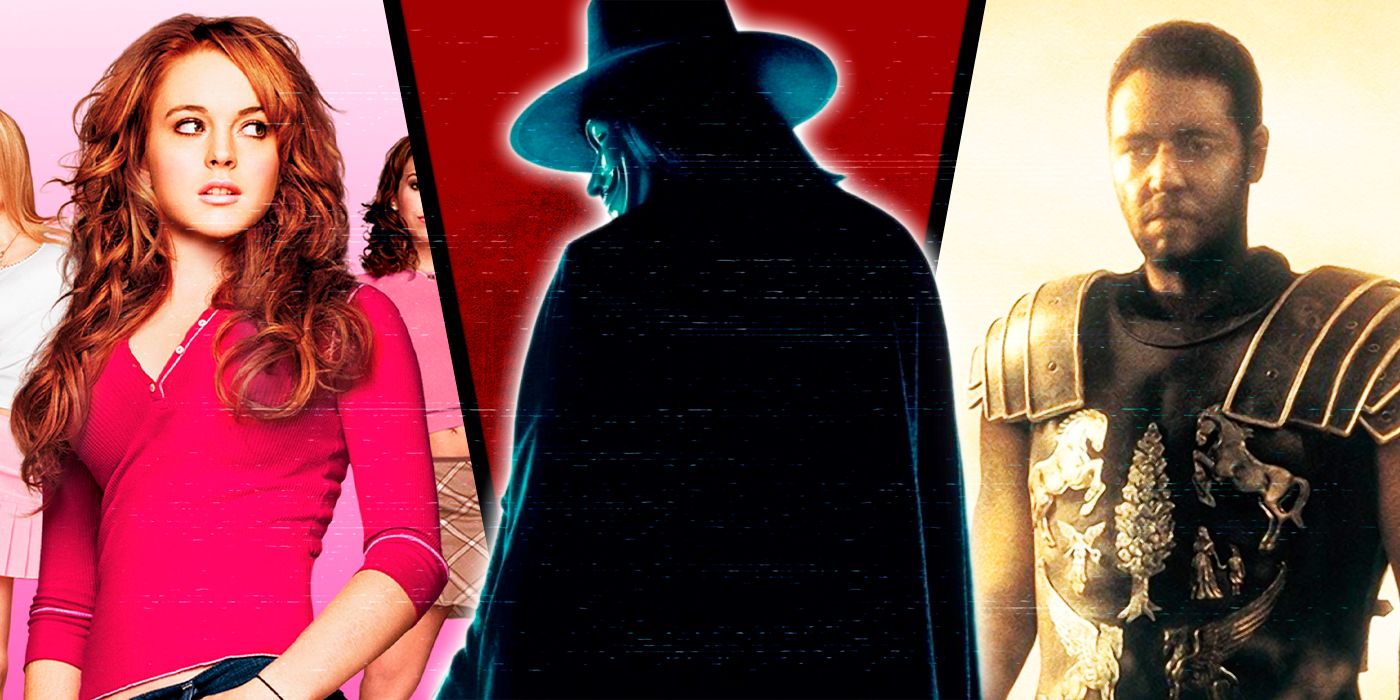
10 Best Revenge Movies (That Aren't Action Films)
Revenge films are a staple of Hollywood and while action movies like John Wick dominate the genre, there are lots of great non-action revenge movies.
|
The Best Thrillers Of The 2010s (Per CBR) |
|
#1 - A Walk Among the Tombstones |
|
#2 - Prisoners |
|
#3 - The Highwaymen |
As is the case with any film that portrays extreme acts of violence, Prisoners wasn't without its critics, with some lampooning it for its brutality. Some critics seemed to miss the fact that the film was as much a critique of past revenge thrillers as it was a story of violence. The New Republic's review of the film used adjectives like "hideous, cruel, degrading, and depressing" to describe the movie. While this response was understandable, after a full decade of the film industry growing more extreme and simplistic in its view of revenge, it doesn't do Prisoners justice. The film's focus is a man doing the unthinkable in the name of saving his daughter, only to realize he was playing into the hands of evil all along. In that sense, it rivals Se7en in its shock conclusion, albeit with a happier outcome than David Fincher's classic.
Many of the best revenge stories manage to balance a righteous quest for justice against the personal and psychological consequences of violence. The Western genre has a unique strength here, as seen through movies like True Grit and Unforgiven, but thrillers can be a great way to do it too. Action movies provide a much better outlet for the more simplistic, escapist side of revenge. Thrillers offer a more grounded, realistic look at what violence can do to a person, even if their cause is just. Whether it's the horrifying reveal that the man suffering is a victim of the real perpetrators or how it almost cost Keller his life, Prisoners is one of the best subversions of the revenge thriller that there is.


